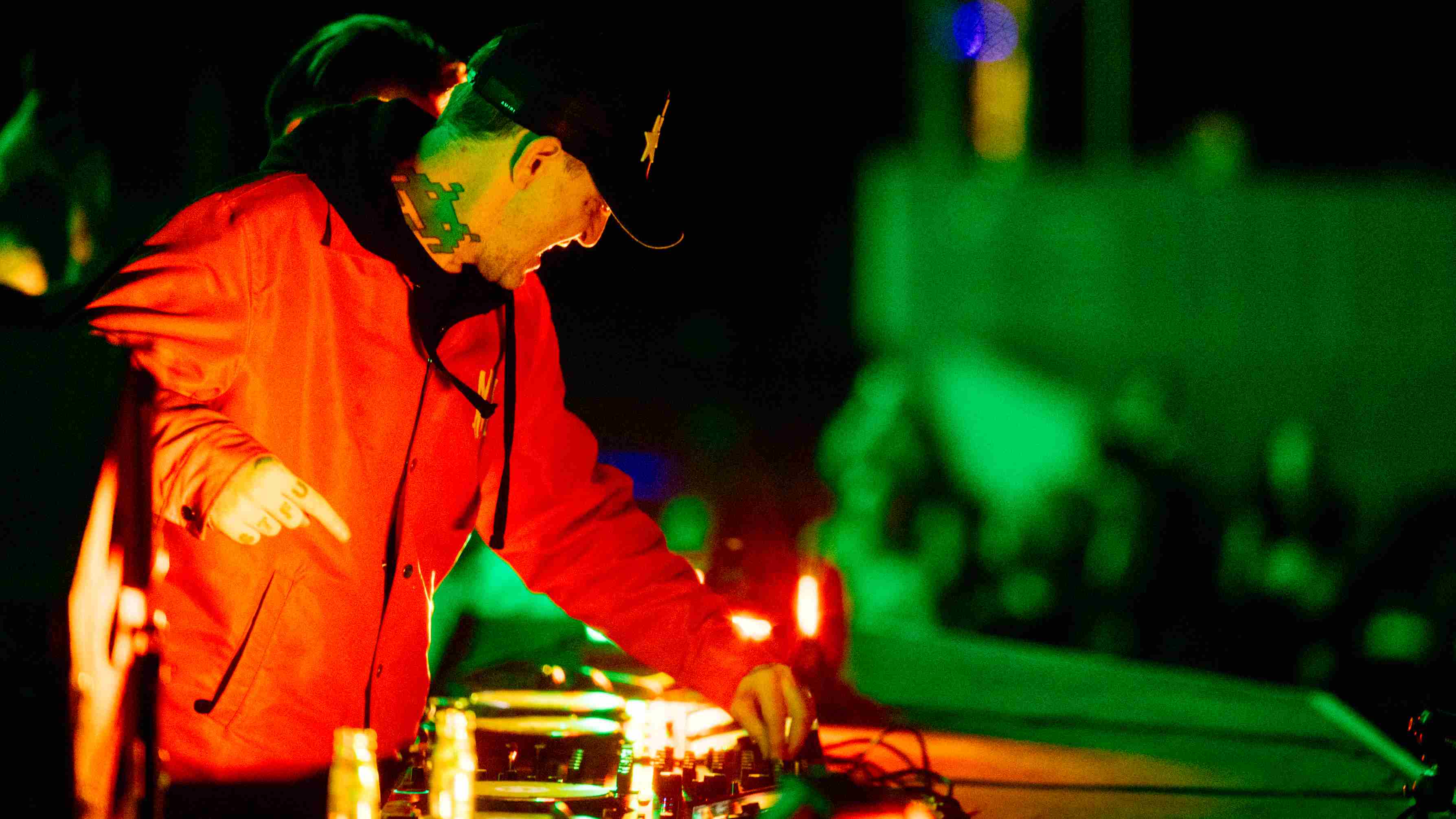Classic album - MSTRKRFT on Fist Of God: "We paid Chris Cornell with a belt buckle and a bottle of Crown Royal"
Jesse F Keeler and Al-P break down their 2009 long-player track by track
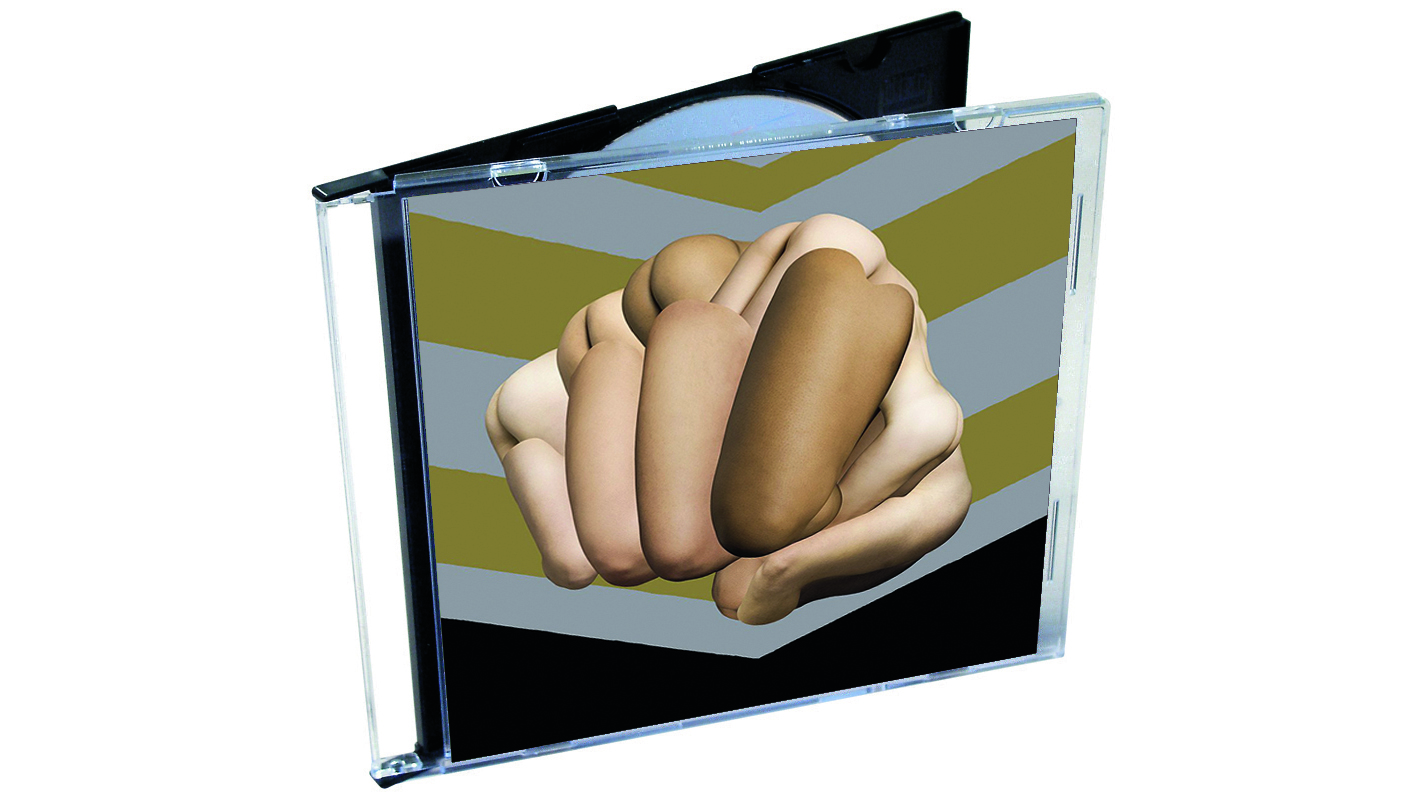
Picture a record label meeting room. The MSTRKRFT boys are playing ‘the suits’ their new stuff. They’re excited - why wouldn’t they be? They’ve been beavering away on a ‘new sound’ that mixes riffy techno with guest spots from some of the biggest names in hip-hop, from Brooklyn to The Bay.
But, after each new track drops, so do the faces of the label bosses. They look baffled. Their tiny minds are blown - rappers on banging dance music? How? What? Why?
To be fair, this is some time around 2008, and this was largely uncharted water. Back then Dirty South and Queensbridge rap was over there [points left], and powerhouse synth-led electronica was way, way, way, over there [points right]. And the two rarely mingled. Let alone got on like a house on fire.
“I remember that meeting to this day,” says MSTRKRFT’s Jesse F Keeler. “The label had these confused faces. And after they’d heard the whole thing said, ‘You guys made a kinda urban… dance record?’. And we said, all excited, ‘Yeah!’. Then they told us, ‘We’ll let you out of your deal. We… wouldn’t know what to do with this.’ It’s just so funny to think about that now. The lack of foresight there is really incredible!”
His MSTRKRFT partner, Al-P, agrees. “When we put out this record, no one knew what the hell to do with it. It was new architecture at the time. Then, in only a few years, it became the current state of… everything.”
Indeed. Since then the door has been, of course, kicked off its hinges with rappers all balling into the club, picking up mics, and spitting on dance tracks. Back then, though, it was a little ahead of its time.
“That record was different,” says Jesse. “For us, too. We were asking ourselves, ‘What haven’t we done before?’. The end game of that record was to have R&B and rap MCs and vocalists contributing to this sound. It was new.
Get the MusicRadar Newsletter
Want all the hottest music and gear news, reviews, deals, features and more, direct to your inbox? Sign up here.
“And that was good for us, because nothing good can ever come from remaining in your comfort zone.”
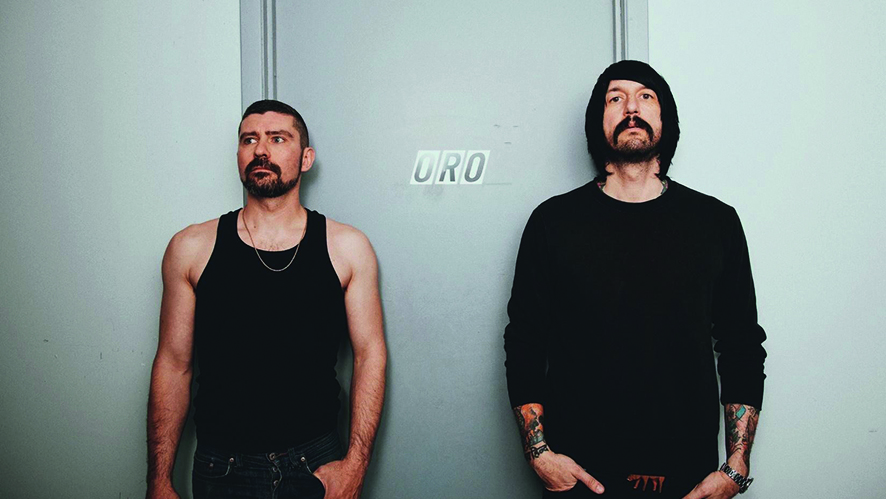
Track-by-track with MSTRKRFT’s Jesse F Keeler and Al-P
1. It Ain’t Love
Jesse F Keeler: “We had the instrumental done, and I’d given it to my sister, who was singing and writing at the time. She’d not really written over anyone else’s music, so I gave her a shot.
“She wrote that vocal and melody in its entirety. We could have probably used that, but I asked her if she could have anyone sing this, who would it be, and she said, ‘Oh, My dream would be Lil’ Mo.’ So we asked our manager, and he hit back within a day and said she’s down to do it, but she’s pregnant.
“She came down, and was massive! She could have had the baby the next day! We then flew my sister down to New York, where we recorded, and got her to coach Lil’ Mo through it. Sometimes it’s easy like that, and other times not. Every song is different.”
2. 1,000 Cigarettes
Al-P: “This track is an instrumental, but it was nearly a vocal track featuring Chris Cornell from Soundgarden, rest in peace. We’d sent him the track and he’d outlined something and continued writing when we all got in a studio in LA.
“To have him come in and do something was amazing. Especially as the track was some kind of prog, hard electro riff thing. We had verses and a pre-chorus. The structure of it is quite unusual, so when he put the vocal on it I thought, ‘Well done’.
“In the end we kinda felt that it was betraying the trajectory of where that record was going so we ended up not using it. We paid him with a belt buckle and a bottle of Crown Royal [Canadian whisky].”
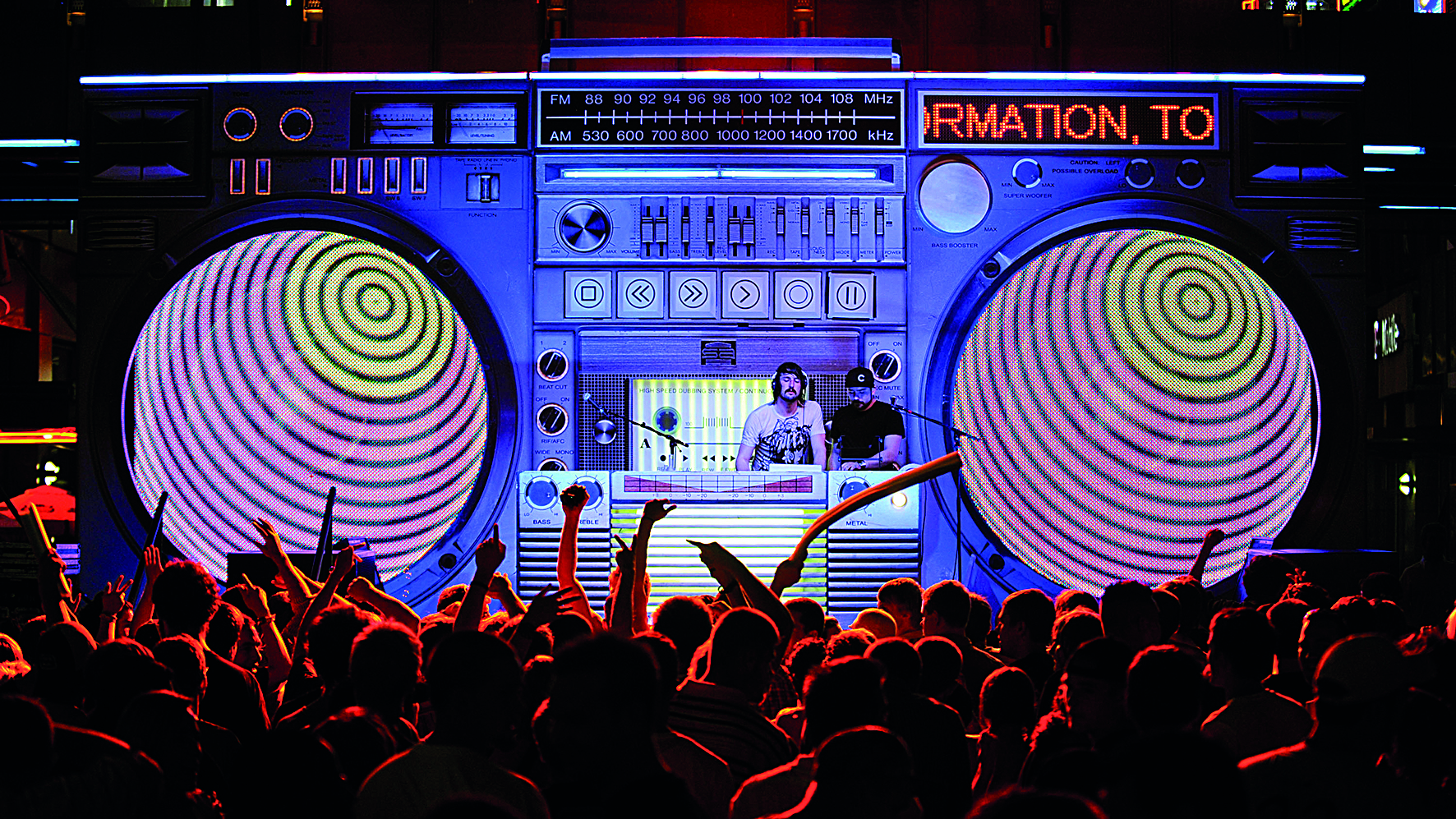
3. Bounce
Jesse: “We got N.O.R.E. to guest on this. He said, ‘Come down to Florida and I’ll do the vocal’. So I went to this studio underneath a highway bridge, in the dead of night, with just a hard drive. He didn’t even give me the actual address for it until one o’clock in the morning!
“Inside, everything you can imagine that would be happening in that building was going on. There were maybe 20 poker games going on at once! The studio was in the back, which was really just a room with some foam around a mic, and some really lousy compressors, and Pro Tools on a laptop.
“N.O.R.E. was sat there with his pen going, ‘Take away that one weird sound!’ I turned off the synths and he’s like, ‘Yeah! Now take away that other weird sound.’ And it was the bass. And he’s like, ‘Yeah, yeah, yeah. Just like that!’ I remember thinking, ‘It’s just the drums!’ [laughs]. It was kick, snare and hat, but he loved it.”
4. Vuvuvu
Al: “If you’re familiar with the track, the main riff slows down from its initial tempo to two thirds of the tempo, which turns it into a dotted figure, over the original tempo when the drop happens.
“We wanted to incorporate some more technical and ‘mathy’ approaches, as an homage to prog, in a sense.”
Jesse: “With Fist Of God we started using MIDI to program the synth parts and work on them that way. We kinda had this idea to make this almost… yeah, prog record [laughs]. Like a Yes or a Rush record. It was uncool, but we were into it.”
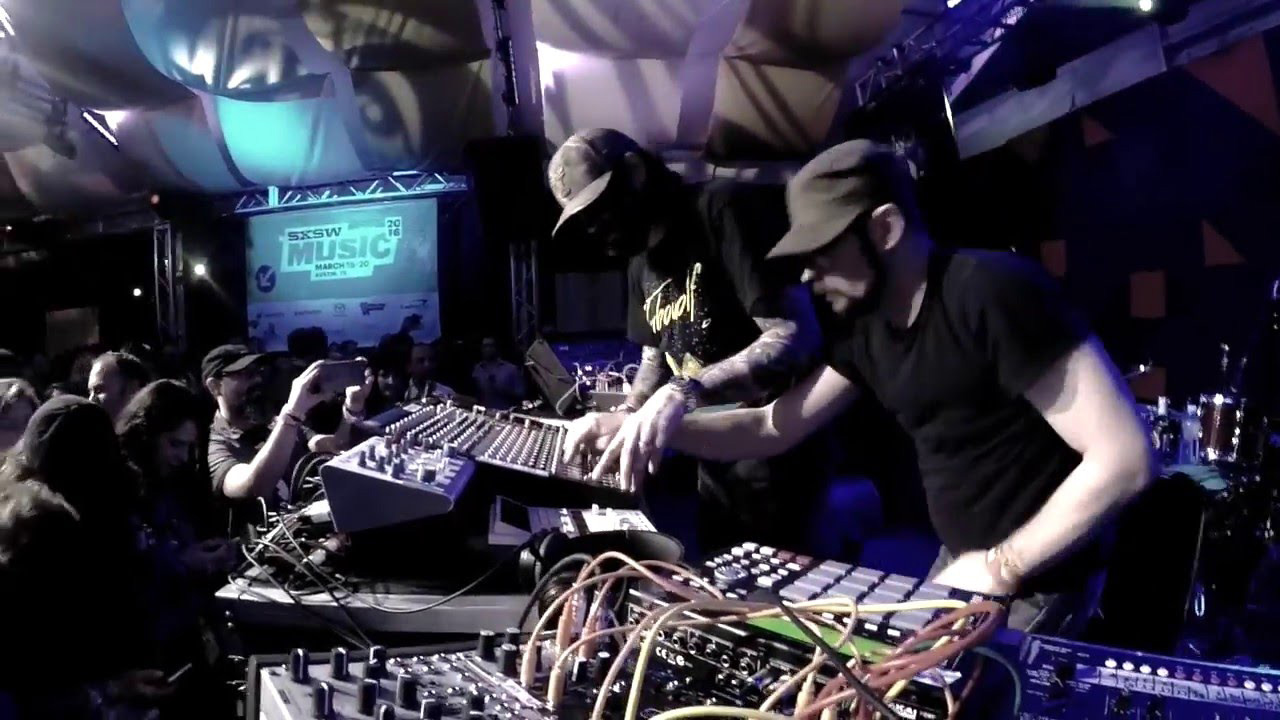
5. Heartbreaker
Jesse: “The John Legend track – I’d made that instrumental at home in the middle of the night. John and I had become friends on… what was the program back then, iChat? We did a remix for André 3000 and him, and we bonded over our favourite record, Aretha Franklin’s Amazing Grace.
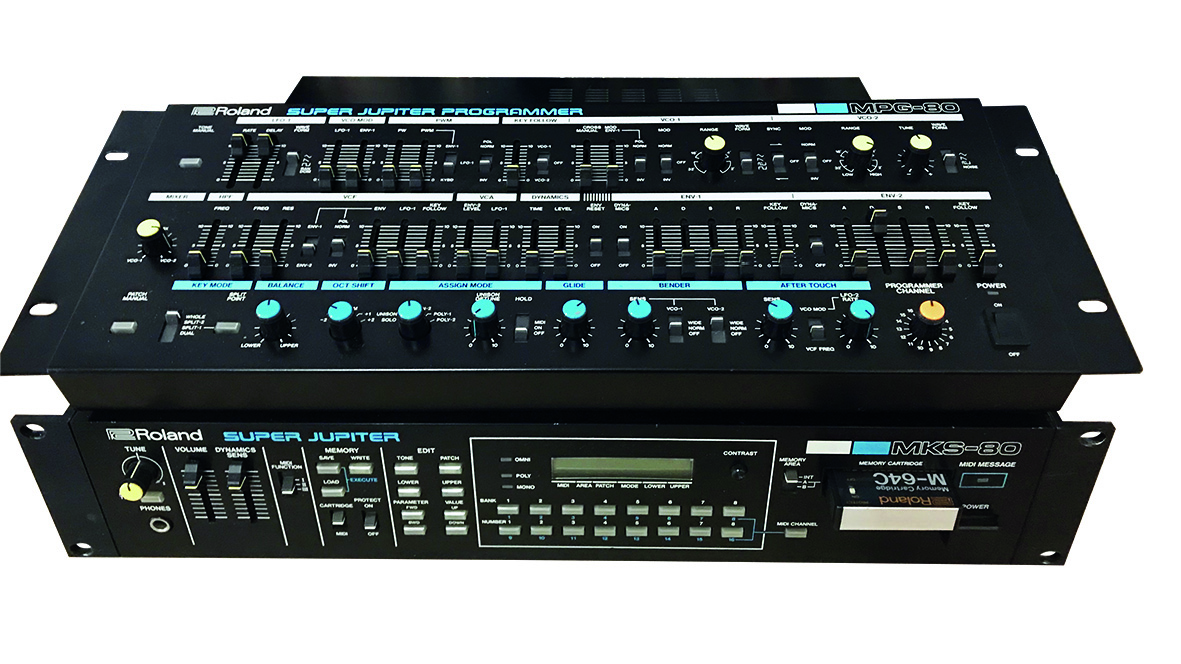
“The main studio was MSTRKRFT Inc. in Toronto. The main synth on tracks like It Ain’t Love was a Moog Voyager, the rack version. We don’t own it any more, and we never used it before or after. It was also the main synth on Balance. The synth on Fist Of God was the Roland MKS-80 Super Jupiter, which we had the controller for, because it would have been stupid without it.
“Other than that there was probably a Juno 106 on some stuff. And I know all the arpeggiated stuff is pretty much a Juno 60 being set off a rim shot out on a [Roland] 909.
“For the John Legend session I forget what the desk was, but it was definitely a front-end chain. And I believe it was either a [Neumann] U47 or U67 into a Neve 1073, or 1081, and then an 1176 into an LA2. That was just a ‘go-to’ chain. It still is.”
“A friend of mine from the UK called Nick, who goes by Space Cowboy, had talked about making a track and he sent me these words that he’d wrote, which ended up being Heartbreaker.
“After I ended up making the instrumental I thought, ‘Mmm. Maybe I should try putting those words over this?’.
“I pitched everything around in whatever early version of Ableton we were at then. Then sent that to John, in iChat, asking if he’d be interested in singing it. And then he hit back right away.”
6. Fist Of God
Al: “I’m not going to say which one, but Fist Of God was a result of a remix that we didn’t see through because we didn’t like it.”
Jesse: “Sometimes we’d get a remix in and work on it and see if we could make something out of it, and occasionally we couldn’t, but we’d keep our stuff and use it elsewhere.”
Al: “This was another ‘proggy math’ one. We just used the [Roland] Super Jupiter MKS-80. Hear how the melodic components of the riff are realised through the pitchbend on the synth itself. We had to go through a certain amount of calculation and math to get the pitchbend to go up to the right note.
“I remember digging around for the right numbers, and I believe one was pitchbent up 48, and another was pitchbent up 60 [laughs].”
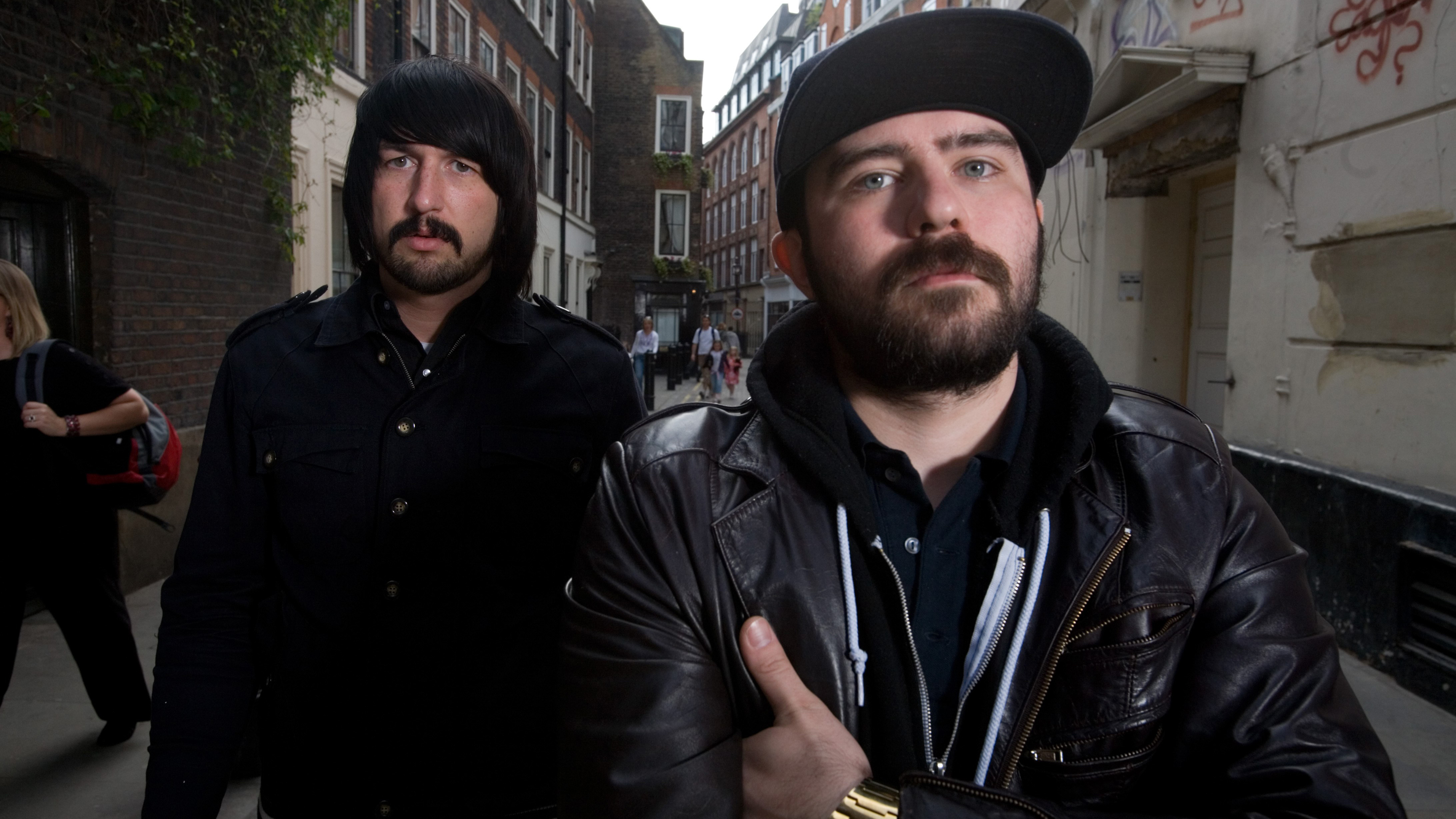
7. So Deep
Al: “This features Jahmal from the band, The Carps. I still keep in touch with him. He’s a brilliant vocalist. I think he influenced a lot of vocalists in the city. He has a specific voice and range. He did the two songs on this album, this and Breakaway.
“It was great to work with somebody that lived near us, and we didn’t have to do anything crazy to get him on the record, like some of the others on here [laughs]. It doesn’t make it worth any less, though.
“I love Jahmal, and I love his voice. We actually worked on music with him a few years ago after our third album, Operator, and during that next phase we were all about sampling. He’s still around. And if something comes up, we’ll definitely work with him again.
“Oh, Jesse’s sister wrote the words on this, too.”
8. Click Click
Al: “We got E-40 on this track. I remember sending the track and we were waiting, painfully, for a long time. It was one of the last ones that came in. And when we got it, it was literally 16 bars exactly.
“It was just a little chunk! His contribution and performance was great, but just putting that into the multitracks and building a song out of just precise 16 bars…
“At that point it was like, ‘Right. This is the vocal we have to work with.’ All the skill sets we’d developed doing remixes before we started the album came into play as well. We were trying to build a four or five minute song from 16 bars.
“Could we have asked for more? At that point we’d waited… and we were happy to get anything [laughs].”
9. Word Up
Jesse: “Ghostface Killah on here, and this is the most ridiculous story! We’d started getting some spoken word bits that Ghostface had done, and we were kinda using them percussively in the track. It got to the point where we said, ‘We should probably license them as you can tell it’s his voice’.
“So we reached out to him and said, ‘We’ve sampled a few words off you and cut them up… Can we get some more? And can you sign off on what we’ve already taken?’
“He was like, ‘No problem, but I ordered this ring off this jeweller in LA. If you go pay for it he’ll call me and then I’ll cut the vocals and send them to you.’ So we sent our manager up to get it.
“He paid for some ring and the guy called Ghostface and he hit us right back and sent us more shit and signed off on all of it. Just goes to show, getting every vocal was different on this album.”

10. Breakaway
Al: “Jahmal again here. It was written for him, specifically. He did an amazing job. Working with him was so easy. I remember showing him the guide vocal of Breakaway on a vocoder. Jesse and I designed all the melodies and harmonies on a synth with the most basic mouth shapes doing the words through a vocoder.
“Then we had Jahmal copy it as best he could. It’s always really interesting because the vocoder, at the best of times, is robotic. So, for a vocalist to pick up on the nuances of that, and add and expand to provide some soul is really rewarding to hear happen in the studio.
“Yeah, this track was really fun and easy to do. There’s an influence from Daft Punk’s Too Long in there, structurally and mood-wise, I think. It was never an intention to do a soundalike, or a lift; it just went that way. It’s probably the ‘house-iest’ track on the record, if that’s a word.”
11. 1,000 Cigarettes
Al: “If you have this album on CD this track appears as an extra one. It’s the instrumental from earlier, but with the rapper Freeway doing vocals.
“Although we respected what he’d laid down, we kinda thought that song was stronger as an instrumental. But we couldn’t totally leave the Freeway vocal version out, so we added it at the end as a bonus track.”


Future Music is the number one magazine for today's producers. Packed with technique and technology we'll help you make great new music. All-access artist interviews, in-depth gear reviews, essential production tutorials and much more. Every marvellous monthly edition features reliable reviews of the latest and greatest hardware and software technology and techniques, unparalleled advice, in-depth interviews, sensational free samples and so much more to improve the experience and outcome of your music-making.
"At first the tension was unbelievable. Johnny was really cold, Dee Dee was OK but Joey was a sweetheart": The story of the Ramones' recording of Baby I Love You
"Reggae is more freeform than the blues. But more important, reggae is for everyone": Bob Marley and the Wailers' Catch a Fire, track-by-track










